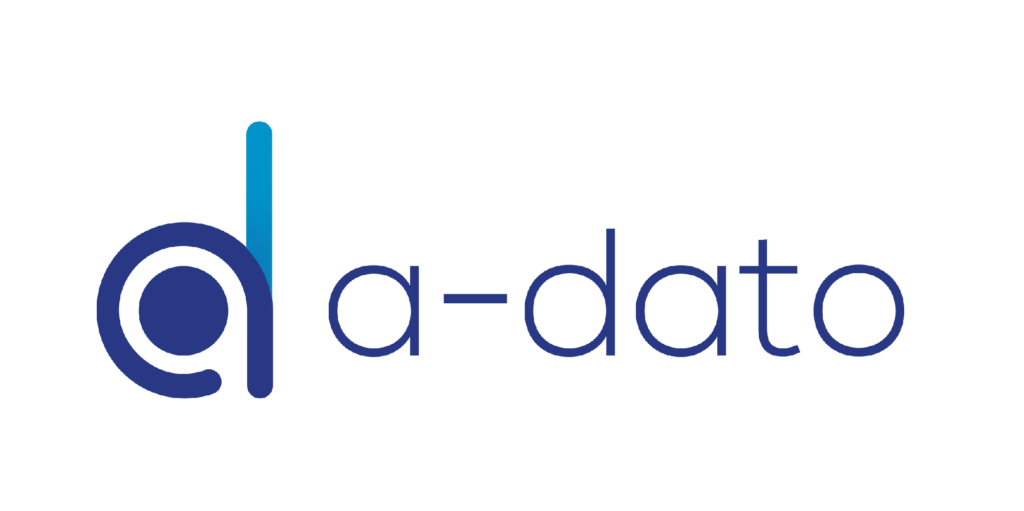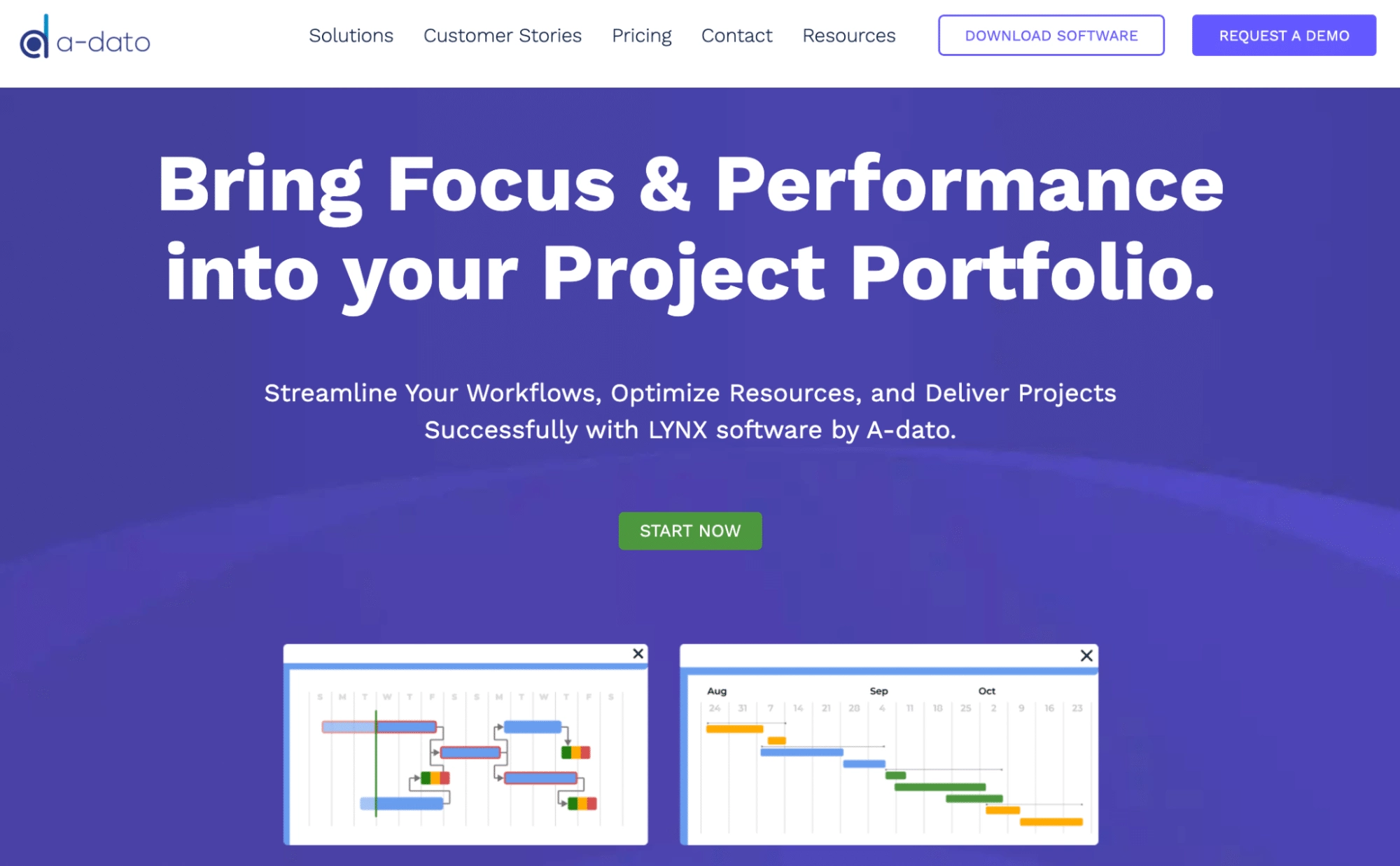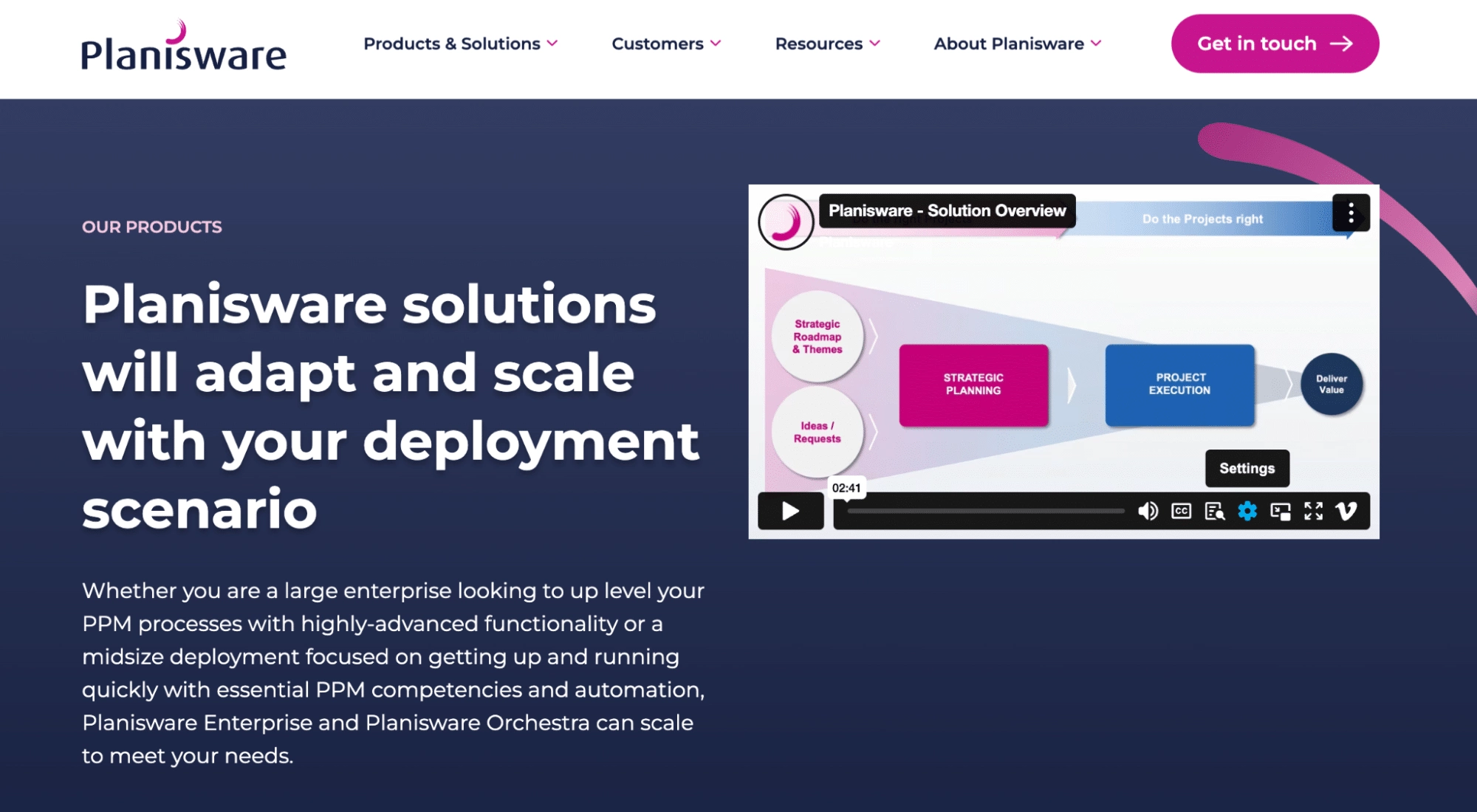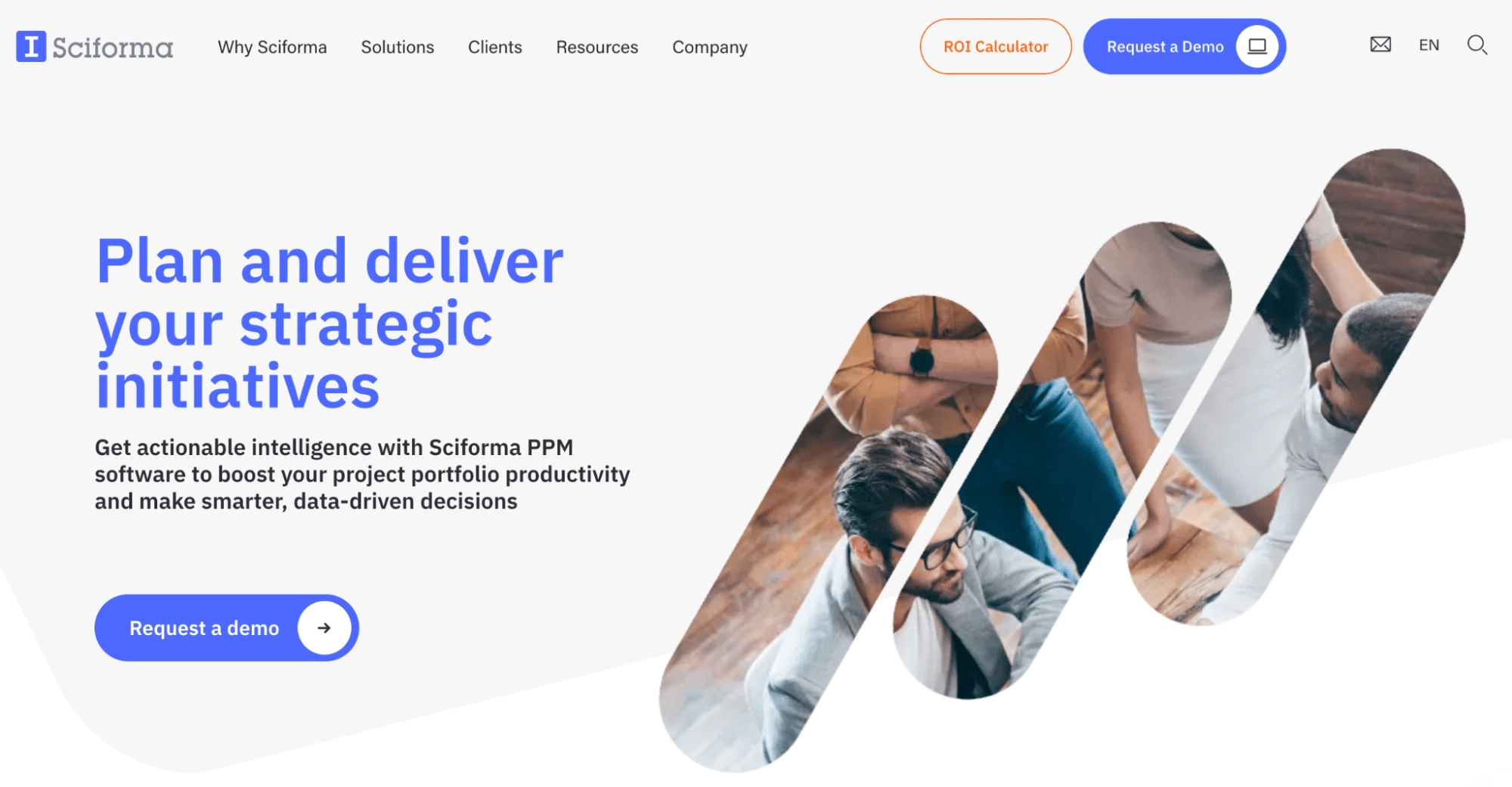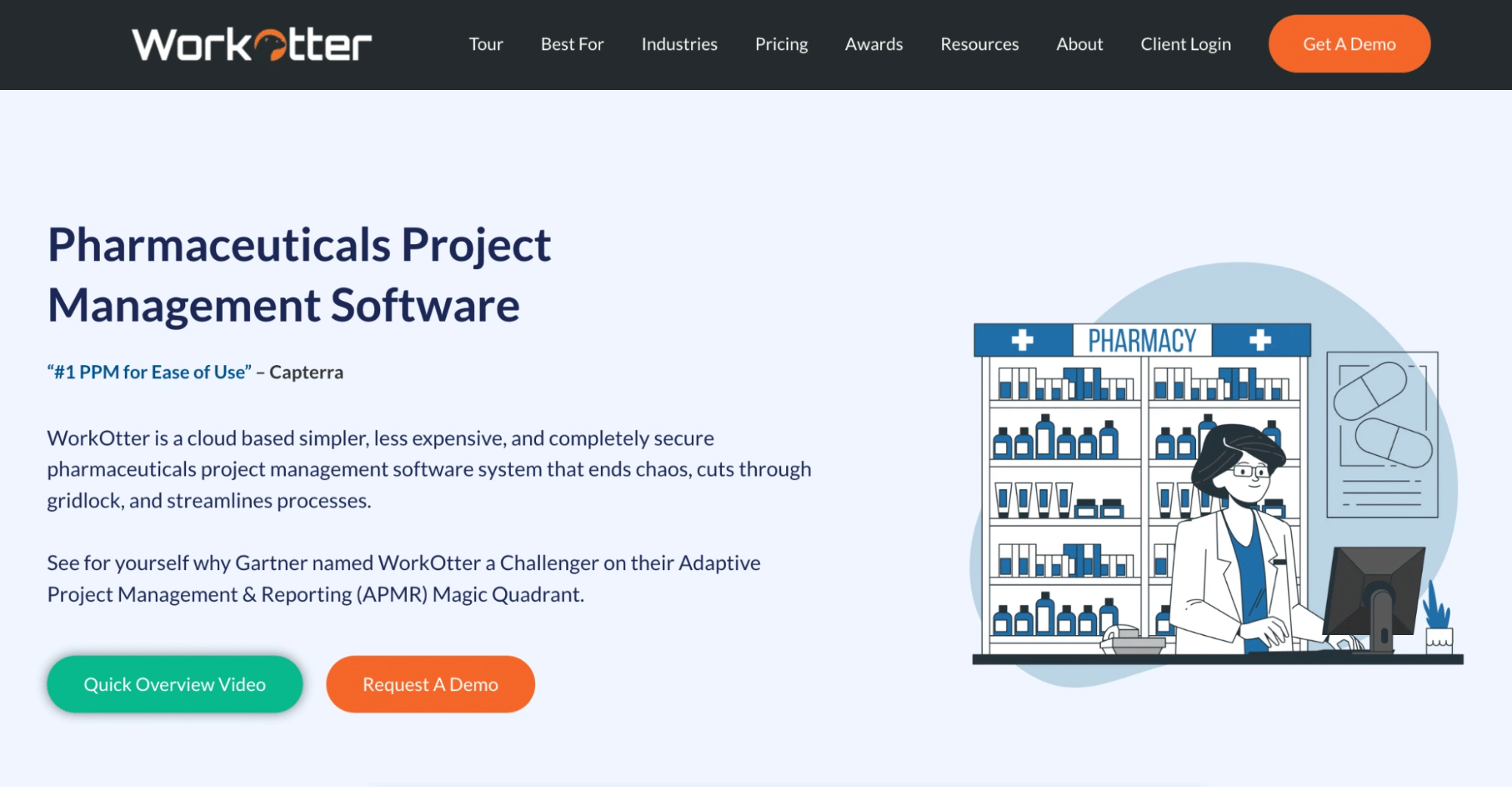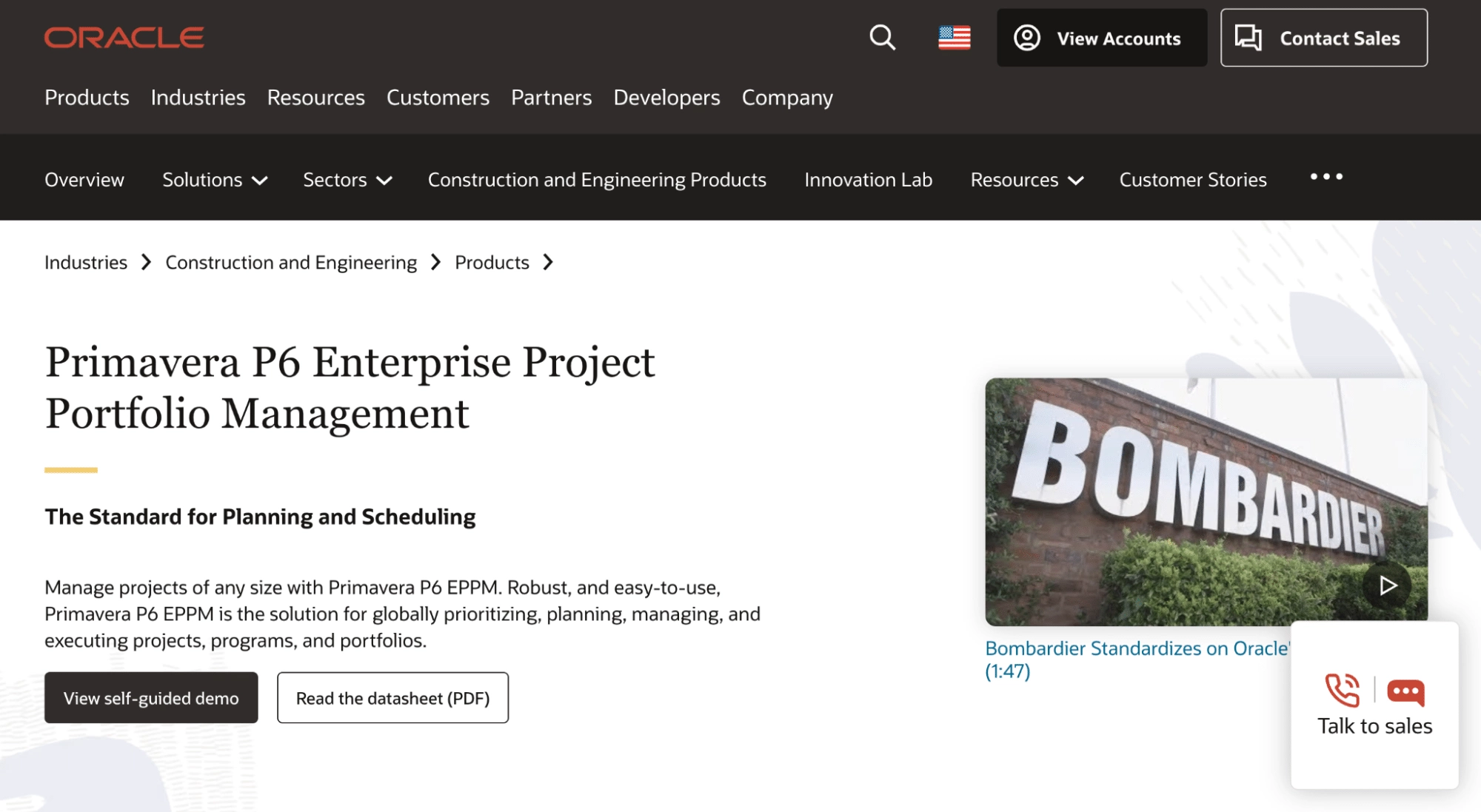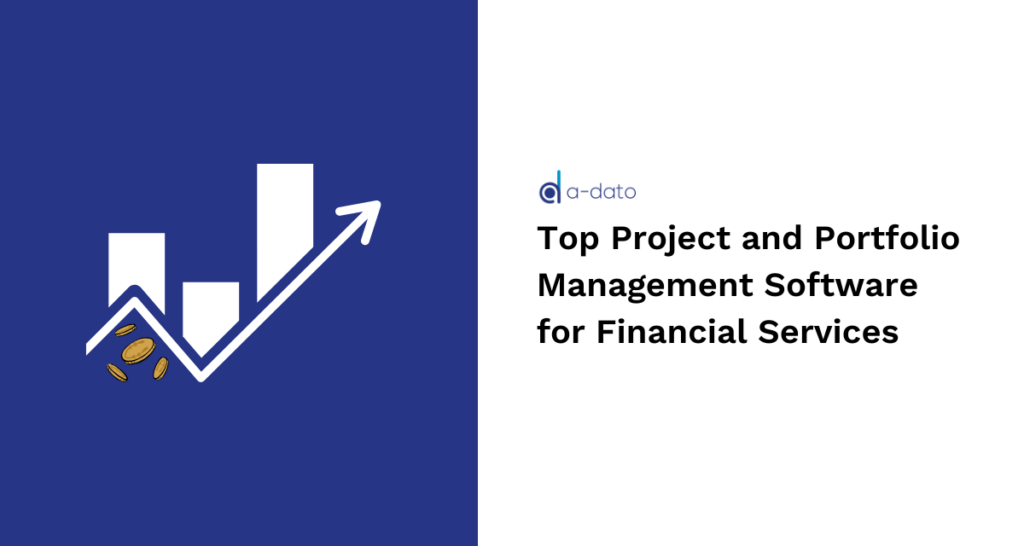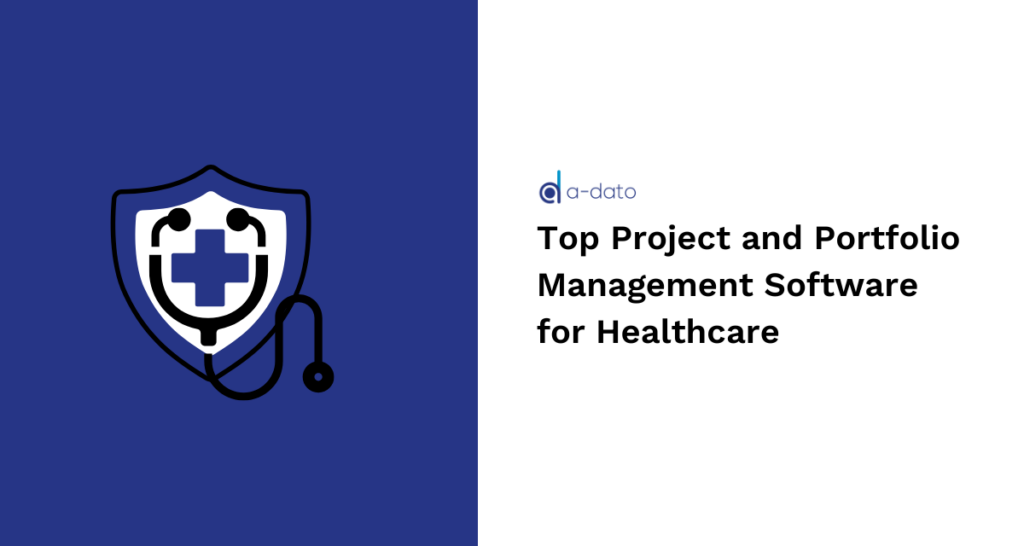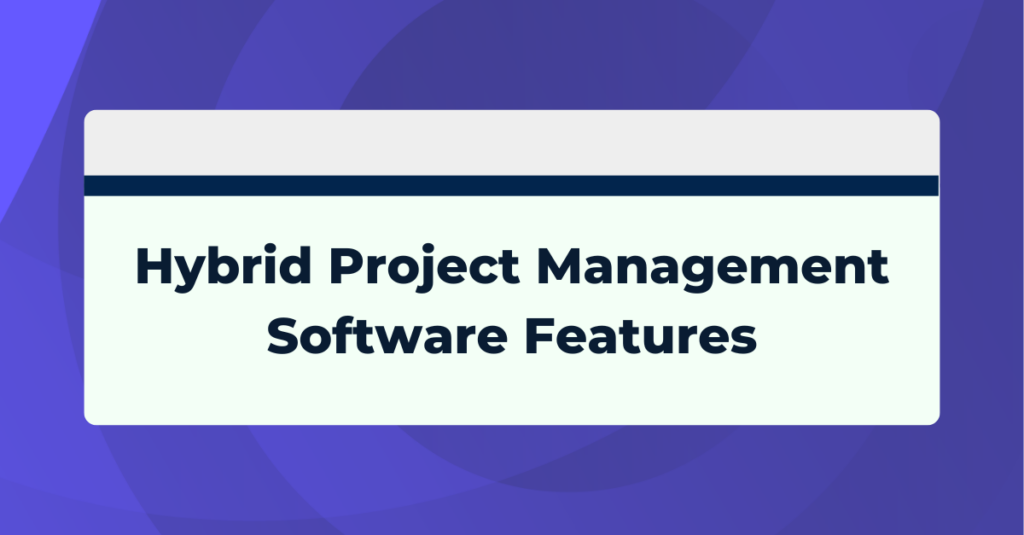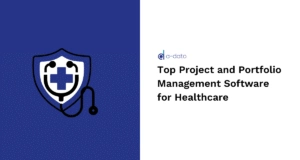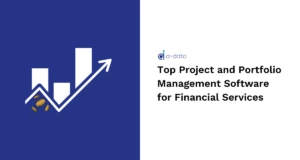Pharmaceutical companies carry a huge responsibility toward consumers. With a vast customer base, managing demand while keeping operations smooth and efficient is not easy. Also, it does not matter where a professional works in the pharmaceutical industry. Whether in production, sales, or distribution — every professional in the industry must stay organized and on top of their responsibilities to succeed.
This is where hybrid pharmaceutical project management software can make a difference. These tools are specifically made to meet the unique needs of the pharma industry, supporting companies throughout the entire project lifecycle.
In this article, we’ll explore the top project and portfolio management software designed for the pharmaceutical industry. We’ll highlight the pros and cons of each solution so you know which one suits you best. By the end, you will be able to choose the right tool to enhance efficiency and drive innovation.
Key Features of Pharmaceutical Project Management Software
Pharmaceutical project management software needs to be more than just a task tracker. It should offer features that cater to the industry’s unique challenges, like regulatory compliance, risk management, and team collaboration.
Here are some of the main features to look for in a hybrid pharmaceutical project management software:
- Compliance Tracking: Ensures projects meet regulatory standards like FDA, EMA, and GMP requirements.
- Resource Management: Streamlines resource allocation for critical tasks, such as lab work, clinical trials, and production processes.
- Risk Management: Identifies and mitigates risks specific to pharma projects, such as safety issues, trial delays, or regulatory shifts.
- Collaboration Tools: Facilitates seamless communication among cross-functional teams like R&D, compliance, and marketing.
- Real-time Reporting: Provides up-to-date data and analytics so you can track progress and make informed decisions quickly.
- Integration Capabilities: Allows the software to connect with other systems for smooth operations across departments.
All of these features help pharmaceutical companies improve efficiency, meet deadlines, stay within budget, and maintain compliance throughout the entire project lifecycle.
➡️For more details, read our article on Hybrid Project Management Software Features for More Control.
6 Best Hybrid Project Management Software for Pharmaceutical
Now that you’re familiar with the key factors in pharmaceutical project management software, here are some top options to consider.
1. Lynx by A-dato
Lynx by A-dato is the best hybrid project and portfolio management software for handling pharmaceutical challenges. It helps companies easily manage everything from drug development to clinical trials and regulatory approvals.
One of Lynx’s standout features is its resource management system. It ensures that the right people and equipment are allocated exactly where they’re needed. This reduces delays and maximizes efficiency across multiple projects.
(P.S. For pharma companies struggling with capacity constraints, this feature alone can make a massive difference)
You can also integrate Lynx smoothly with existing pharma systems, keeping disruptions to a minimum. As a result, your pharma team can stay focused and continue working without missing a beat.
And the best part?
The platform has a user-friendly interface which makes it easy for everyone (from lab technicians to senior executives) to access and understand important project information.
Most importantly, Lynx places a strong emphasis on regulatory compliance and risk management — two critical areas in pharma. It helps companies track and ensure compliance with industry regulations while identifying potential risks early on.
Pros:
✅ Powerful resource management
✅ Project planning and scheduling
✅ Critical Chain Project Management (CCPM)
✅ Supports Agile, Waterfall, and hybrid approaches
✅ Regulatory compliance tracking
✅ Real-time project monitoring
✅ Seamless integration with other enterprise tools
✅ User-friendly and intuitive
✅ Optimized for clinical trials and R&D pipelines
✅ Strong risk management features
✅ Automated reporting and analytics
✅ Extensive manuals and good online support
✅ Financial tracking and budget monitoring
✅ Scalable for both small teams and enterprise-level operations
Cons:
❌ Teams unfamiliar with CCPM might require a short learning period to adjust.
2. Planisware
Planisware is a good option if you’re managing large-scale R&D projects. It’s trusted by big pharma companies to track every detail of long projects — from early-stage research to FDA approval.
This software provides strong financial planning and forecasting tools. In an industry where drug development costs billions, this feature helps companies keep spending in check. Planisware also offers custom dashboards so teams can monitor progress without digging through endless spreadsheets.
Pros:
✅ Great for large enterprises
✅ Strong financial and resource management
✅ Highly customizable
✅ Comprehensive reporting tools
Cons:
❌ Can be overwhelming for smaller teams
❌ Setup and customization take time
3. Sciforma
Sciforma is a versatile PPM solution that fits both small and large pharma teams. It balances flexibility with structure, which makes it a great choice for clinical trials, regulatory projects, and drug development pipelines.
One of its best features is its KPI-driven dashboards. This gives teams a clear view of their project’s health. Managers can quickly see risks, track milestones, and adjust strategies in real time.
Pros:
✅ User-friendly dashboards
✅ Adapts to different project methodologies
✅ Great for R&D teams
✅ Works for both small and large companies
Cons:
❌ Requires setup time
❌ Not as feature-rich as enterprise-level tools
4. WorkOtter
WorkOtter is a cloud-based project management software for pharmaceuticals designed to simplify project and resource management. If your pharma company wants something powerful yet easy to use, this might be the right choice.
It provides real-time resource tracking so teams can avoid overbooking critical assets like lab space, researchers, and testing facilities. WorkOtter also has budgeting tools to help R&D teams stay within financial limits while planning long-term drug development projects.
Pros:
✅ Cloud-based and scalable
✅ Simple interface
✅ Strong financial tracking
✅ Good for growing teams
Cons:
❌ Lacks some advanced features (not as detailed as Lynx).
❌ Integration can be tricky. May need extra setup for legacy systems.
5. Primavera P6 (by Oracle)
Primavera P6 is a heavy-duty, enterprise-grade solution for pharma project management. If you’re handling highly structured, multi-year projects, this tool gives you the depth and control needed.
It especially excels in risk analysis and scheduling. You can easily view, access, and update activity or project details in interactive project summaries. Moreover, you can identify issues on the critical path and quickly understand their impacts.
Pros:
✅ Powerful scheduling and risk management
✅ Ideal for large-scale projects
✅ Extensive analytics
✅ Handles compliance tracking well
✅ Built for large organizations with complex needs
Cons:
❌ Steep learning curve
❌ Requires dedicated IT support for implementation
6. Meisterplan
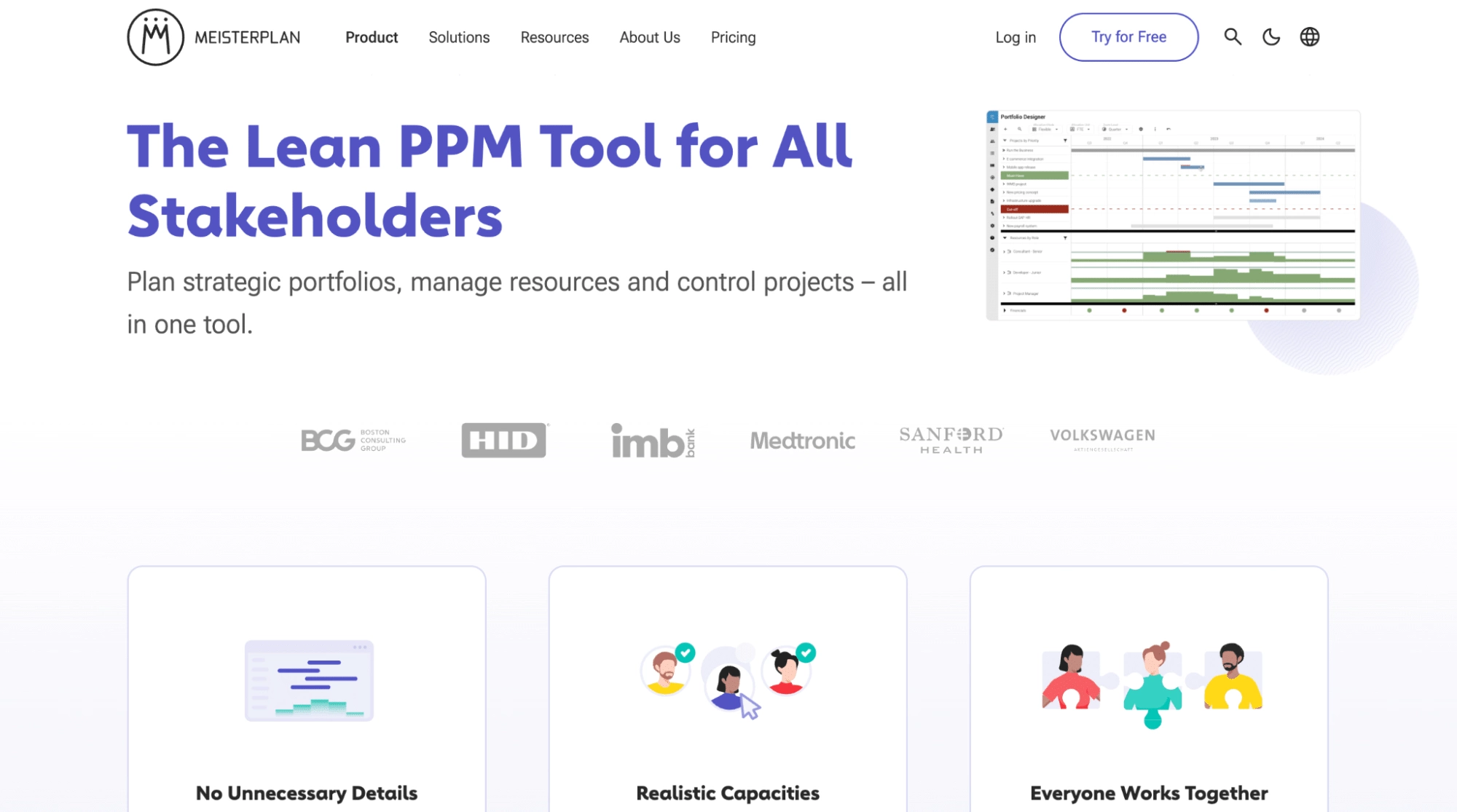
Meisterplan is a good option for strategic decision-makers in pharma. Instead of getting into day-to-day task tracking, it focuses on big-picture planning, helping executives align R&D priorities, allocate budgets, and manage resource constraints. This tool is particularly useful for balancing multiple drug development pipelines and ensuring that high-priority projects get the proper funding and resources.
Pros:
✅ Great for high-level decision-making
✅ Good visualization tools
✅ Simplifies resource allocation
✅ User-friendly interface
Cons:
❌ Not ideal for detailed project tracking
❌ May require additional software for task-level management
What’s the Best Hybrid Project Management Software for Pharmaceuticals?
That’s it! We hope this guide has helped you navigate the best project and portfolio management (PPM) software for the pharmaceutical industry.
In pharmaceuticals, the right PPM tool can make all the difference. Each of the solutions listed above has its own strengths and weaknesses. The best choice depends on your company’s size, project complexity, and management style. So before choosing any tool, make sure to match its features with your unique needs.
If you’re looking for the best all-around hybrid project management software, Lynx by A-dato is a standout choice. It has all the necessary features for pharma that keep projects moving without bottlenecks and make compliance easy.
Want to see the difference? Get a demo or start for free today and experience how Lynx can transform your pharma projects with smarter, more efficient workflows.
